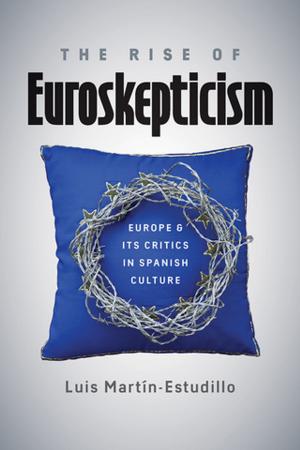Pro-Life, Pro-Choice
Shared Values in the Abortion Debate
Nonfiction, Social & Cultural Studies, Political Science, Government, Public Policy, Health & Well Being, Health, Women&| Author: | Bertha Manninen | ISBN: | 9780826519924 |
| Publisher: | Vanderbilt University Press | Publication: | July 15, 2014 |
| Imprint: | Vanderbilt University Press | Language: | English |
| Author: | Bertha Manninen |
| ISBN: | 9780826519924 |
| Publisher: | Vanderbilt University Press |
| Publication: | July 15, 2014 |
| Imprint: | Vanderbilt University Press |
| Language: | English |
In this provocative and accessible book, the author defends a pro-choice perspective but also takes seriously pro-life concerns about the moral value of the human fetus, questioning whether a fetus is nothing more than "mere tissue." She examines the legal status of the fetus in the recent Personhood Amendments in state legislatures and in Supreme Court decisions and asks whether Roe v. Wade should have focused on the viability of the fetus or on the bodily integrity of the woman.
Manninen approaches the abortion controversy through a variety of perspectives and ethical frameworks. She addresses the social circumstances that influence many women's decision to abort and considers whether we believe that there are good and bad reasons to abort. Manninen also looks at the call for post-abortion fetal grieving rituals for women who desire them and the attempt to make room in the pro-choice position for the views of prospective fathers.
The author spells out how the two sides demonize each other and proposes ways to find degrees of convergence between the seemingly intractable positions.
In this provocative and accessible book, the author defends a pro-choice perspective but also takes seriously pro-life concerns about the moral value of the human fetus, questioning whether a fetus is nothing more than "mere tissue." She examines the legal status of the fetus in the recent Personhood Amendments in state legislatures and in Supreme Court decisions and asks whether Roe v. Wade should have focused on the viability of the fetus or on the bodily integrity of the woman.
Manninen approaches the abortion controversy through a variety of perspectives and ethical frameworks. She addresses the social circumstances that influence many women's decision to abort and considers whether we believe that there are good and bad reasons to abort. Manninen also looks at the call for post-abortion fetal grieving rituals for women who desire them and the attempt to make room in the pro-choice position for the views of prospective fathers.
The author spells out how the two sides demonize each other and proposes ways to find degrees of convergence between the seemingly intractable positions.















